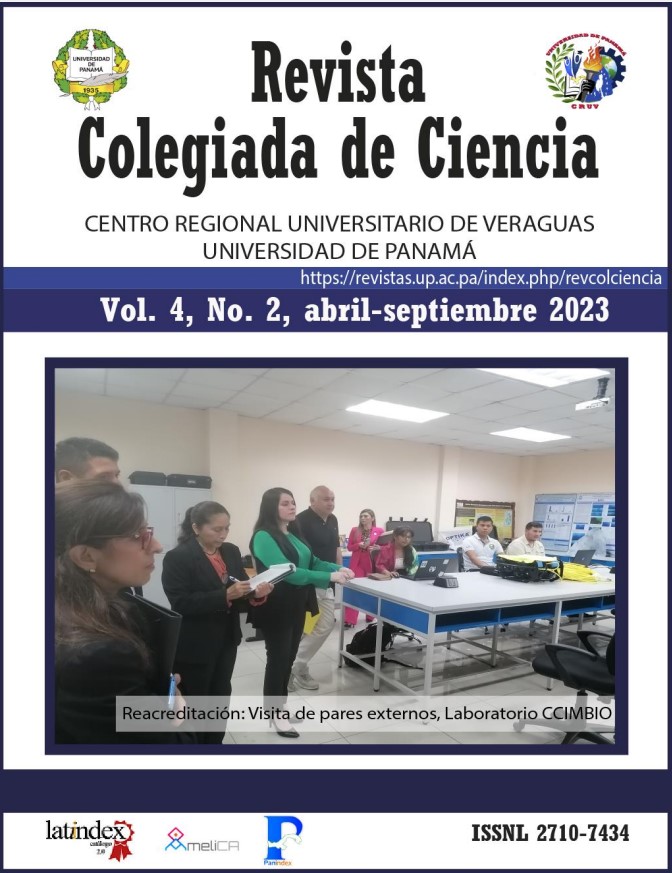

Habermas' notion of public sphere, generator of public opinion, today takes place on digital platforms, considered visible, open, and transparent spaces (Cruz, 2015), contributing to generate public opinion, product of citizen participation and enabling a communication network that builds society as indicated by Niklas Luhmann. This is the case of the Agora of the Bicentennial of the Independence of Panama from Spain (2021), an institutionalized digital space that, during the Covid-19 pandemic, managed to generate discourse on drinking water, electrification, housing, adequacy of airports to achieve a true hub of the Americas, among other issues. Therefore, the objective of this article is to analyze this public discourse, in the light of some historical-conceptual aspects, which, from its meaning of general will to consider its psychosocial notion, public opinion has a political and communicative function consubstantial to its nature. The discourse that arises in the new public sphere does not modify the socio-political reality of the old times, but it does highlight a greater interactive and participatory role in a context of democratic freedom of citizens. Additionally, and "thanks to the new media, the homogeneity of public opinion is broken, and new forms of thought are given rise to. Therefore, there is unquestionably a change in how public opinion is formed and in its forms of interaction with the discourse and the social podium" (Civila de Dios et al. 2020).